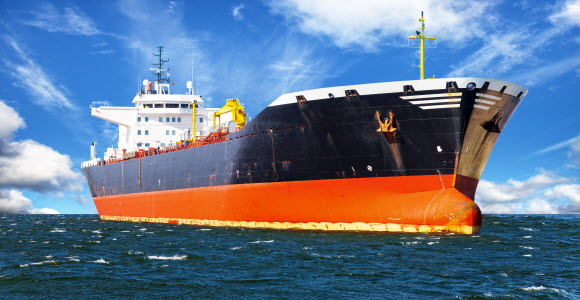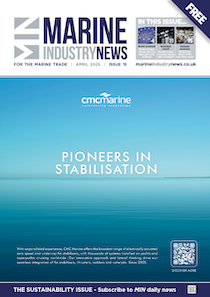SEB joins standard for responsible ship recycling

Nordic corporate bank, SEB has joined the Responsible Ship Recycling Standards (RSRS), a joint bank initiative for ensuring environmentally and socially responsible dismantling and recycling of ships.
SEB is the twelfth member of the initiative which was started by a group of European banks active within shipping.
“We want to increase awareness of the environmental and social risks associated with recycling of ships. By joining RSRS we want to demonstrate that we are dedicated to promoting responsible handling of ships throughout their lifetime,” says Hans Christian Kjelsrud, global head of shipping coverage at SEB. “Scandinavian banks have traditionally been strong within ship financing and by joining together we achieve greater leverage to work towards better sustainability standards in the global shipping industry.”
RSRS is aligned with the 2010 Hong Kong Convention. This convention, which is still to be formally ratified, establishes a minimum standard for recycling of ships. In addition, the EU has formulated further requirements that apply to all vessels sailing under one of the EU Member States’ flags.
Discussing the practical consequences of the new standard on business Kjelsrud says: “To a great extent these are requirements which our customers already meet and standards that we have complied with over many years. Joining RSRS is more a formalising of what we did previously. But it also means that we will start to work more actively on these issues together with the other banks. We often participate in loan syndicates where together we can put pressure on customers to commit to complying with standards that are in the loan terms.”
The other banks that are part of the RSRS initiative are ABN AMRO, Danske Bank, DNB, Eksportkreditt, Hamburg Commercial Bank, ING, KfW IPEX-Bank, NIBC, Nordea, Sparebank SR-Bank and Sparebanken Vest.
SEB previously signed the Poseidon Principles, a global bank initiative to reduce the emission of greenhouse gases from shipping. The Principles are consistent with the International Maritime Organisation’s ambition that by 2050 carbon dioxide emissions from shipping shall be reduced by 50% compared with the base year 2008.










